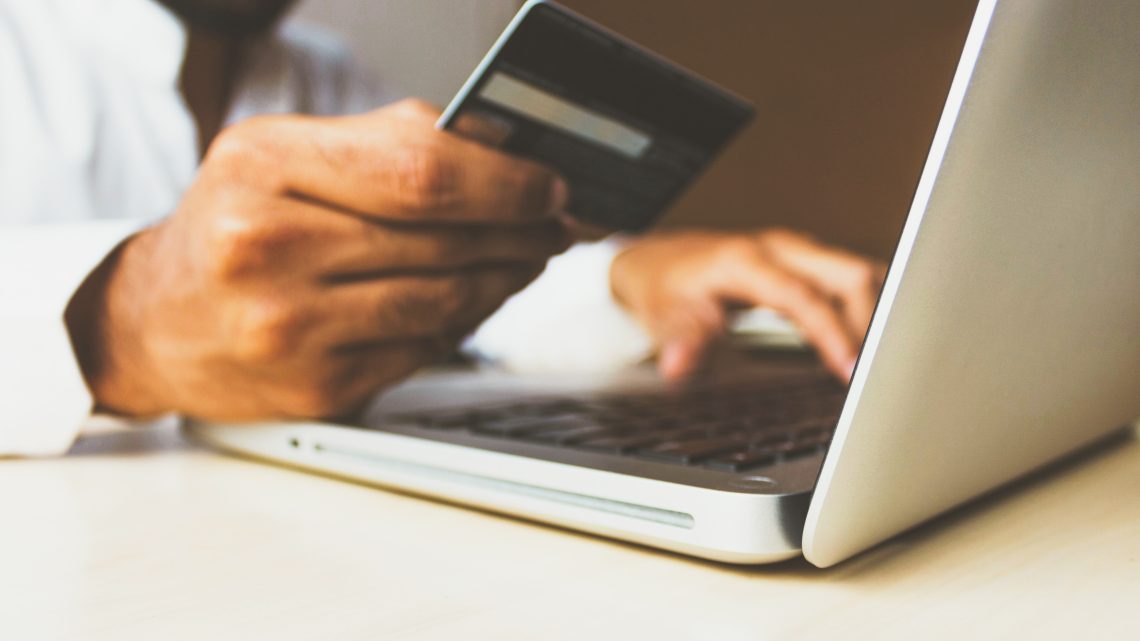Dangers of Cyber Attacks
If you get attacked online by a malicious actor, they may gain access to all your personal information such as your bank information, medical records as well as social security number. Because of this, they have access to your identity as well as finances. You may also put the people you know at risk of getting attacked. Your family, friends and even your employer. Knowing personal cybersecurity is so important to staying well protected.
Why Cyber Attacks Increase Around the Holidays
During the Holidays, there is an influx of people shopping for presents as well as shopping because of the good deals from Black Friday and Cyber Monday. Attackers are drawn to the Holiday season due to the amount of money floating around. Since the end of the year is a busy time, people are also really distracted, making it easy for them to fall prey to phishing emails that may blend with other marketing deal emails.
Cybersecurity Tips to Stay Safe During the Busiest Shopping Season
Avoid Phishing Scams
Cyber attackers may pretend they are a trustworthy source and send you an email or a text message with a link or attachments to download. Make sure that the message is from a legitimate email and that there are no spelling or grammar mistakes. Do not download anything and hover over links before clicking to see where they hyperlink to. You should also never respond with personal information such as your Social Security Number.
During the Holidays, many attackers may send you emails such as your package being delayed or being sent to the wrong address, asking for your log in or credit card information to fix the situation.
Shop on Private Wifi
Public networks may be compromised and people may be able to steal your information. Your private wifi will be encrypted and protected against a password wall. If you do need to shop on public wifi, encrypt your information with a VPN.
Shop on Reputable Websites
Attackers create fake websites that pose as real ones to trick consumers into making purchases on them, giving their name, address, as well as credit card information. When shopping online, double check the URL and research the website if you never shopped there before. Website reviews can say a lot.
If a Deal Sounds Too Good, it Probably is
Many attackers will create a super appealing deal on their fraudulent website that you can’t pass up on, to create a sense of need and urgency to purchase on their website. Once you make the purchase, they gain access to your information.
Shop on sites that use HTTPS not HTTP
If you shop on a site with HTTP but without HTTPS, your information may be intercepted after you click the “buy” button. Websites with HTTPS are encrypted, as well as sites that have a padlock symbol next to the URL.
Use Strong Passwords
Use a mix of lower and upper case letters, numbers as well as symbols when creating a strong password. Use different passwords for all your accounts and never reuse them, because if one account gets compromised, all your other accounts do too.
Use a Credit Card to Make Purchases
If you use a credit card, the retailer won’t have direct access to your money in your bank account. Most credit cards also give you extra protection and will reimburse you if you fall to fraudulent activity after an investigation
Keep an Eye on Your Statements
Check your bank and credit card statements for charges that you did not make.
Stay safe these holidays and be smart about how you shop online.





No Comment